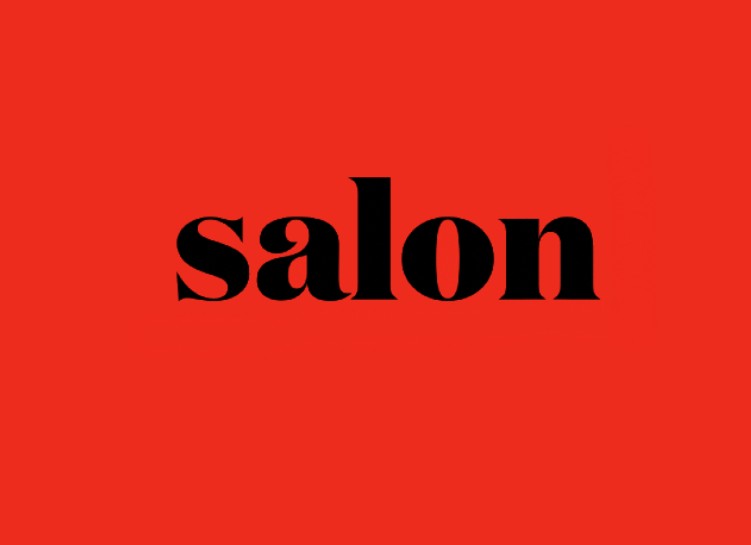Each day millions of people are getting their COVID-19 vaccines. More than 40 percent of Americans have received at least one dose of the COVID-19 vaccine, and more than 25 percent of the population is fully vaccinated. Despite this progress, public officials are concerned that the country is on the precipice of a new challenge — one in which supply of the vaccine will outweigh demand for it.
Mass vaccination sites, according to The New York Times, are already closing due to a decline in demand for the vaccine. An estimated 1 in 5 American adults remain unwilling to get vaccinated, according to the Monmouth University Poll, prompting fears that vaccine hesitancy could keep the country from reaching herd immunity and truly getting the pandemic under control.
But does that mean that all the people who say that they won't get the vaccine are "anti-vaxxers"? Not necessarily. And experts who study vaccine hesitancy and anti-vaccine organizations are sounding the alarm that there's an important distinction between someone who's "vaccine hesitant," a "vaccine refuser" or an "anti-vaxxer," especially during this critical phase of the pandemic. Lumping everyone together in the "anti-vaccine" category might deter those who are skeptics and hesitant, as opposed to those who might actually have an anti-vaccine agenda, hampering campaign efforts to get skeptics vaccinated altogether.
"Some figures have a tendency to call people that they disagree with anti-vaxxers, which is kind of unfortunate," David Broniatowski, an associate professor in the Department of Engineering Management and Systems Engineering at George Washington University, told Salon. "And it creates an environment in which you can't really have the conversations with vaccine hesitant people that you need to have in order to actually change their minds."


